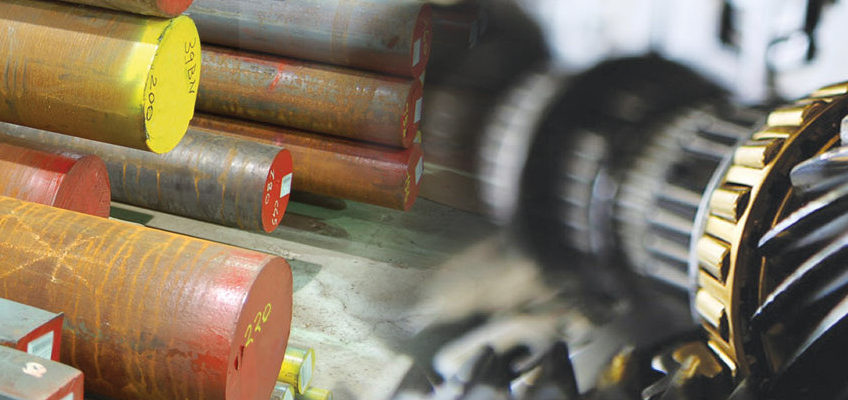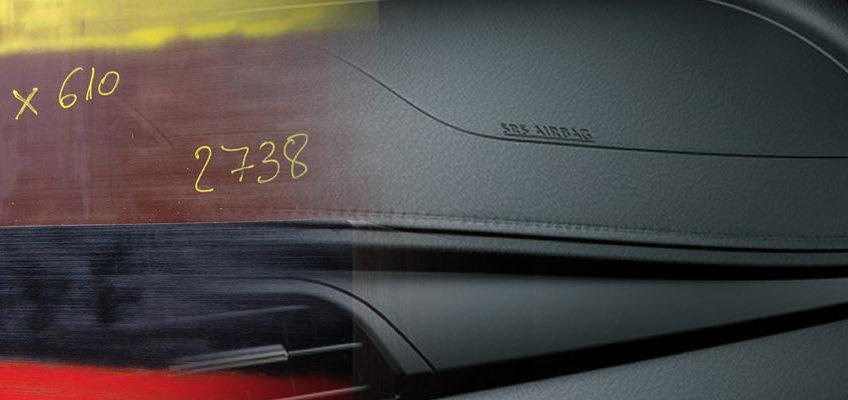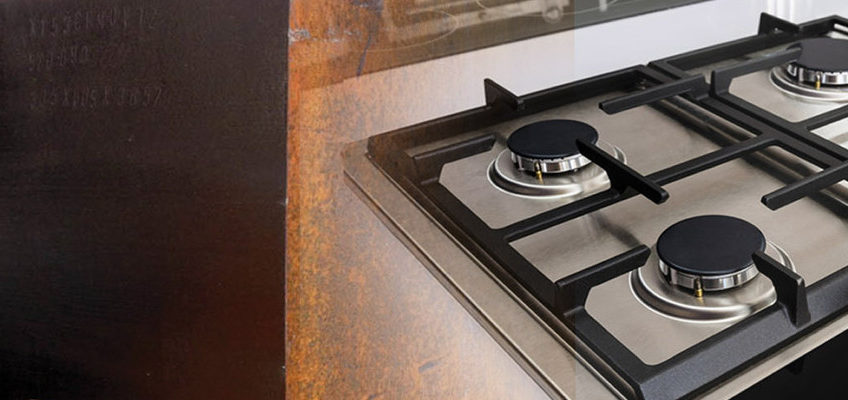The demand for wear resistance and compressive strength in plastic moulds has increased considerably in recent years. The increase in the use of plastics enriched with components and or additives that increase their strength, combined with the study of finished parts that are increasingly complex in terms of shape and performance, has led to the study and design of new plastic moulding steels.
Hot mould steels require resistance to non-continuous heat (450-600°C) and insensitivity to grain swelling, which occurs when the steel is exposed to high temperatures for a long time.
OUR STEELS FOR HOT MOULDS AND PLASTICS
- Steel 1.2343 represents one of the main hot-press steels in circulation. It is a type of steel with high hot wear resistance combined with insensitivity to thermal fatigue. This steel can be air hardened, which allows heat treatment deformations to be limited.
- Re-cast steel 1.2343 ESR represents one of the leading hot mould and plastic steels in circulation. It is a steel with high hot wear resistance characteristics associated with insensitivity and thermal fatigue.
- Steel 1.2344 represents one of the main hot mould steels in circulation. It is a steel suitable for undergoing air hardening. It possesses fair dimensional stability to heat treatment.
- Steel 1.2365 represents one of the main hot mould steels in circulation. This steel is characterised by its broad heat treatment possibilities and excellent utilisation characteristics.
- Steel 1.2714 is one of the most important hot mould steels in circulation. Ni – Cr – Mo steel characterised by high hardenability and toughness, good resistance to repeated impacts, moderate insensitivity to temperature changes and good wear resistance.
- Steel 1.2311 represents one of the leading hot mould steels in circulation. It is a steel with excellent hardening penetration suitable for sections up to approx. 400 mm.
- Steel 1.2312 represents one of the main hot-moulding and plastics steels in circulation. It is a steel characterised by good hardening penetration and equally good machinability, even in the quenched and tempered state, due to its high sulphur content.
- Steel 1.2738 is one of the leading hot-forming steels in circulation. Characterised by excellent hardening penetration, good machinability, polishability and aptitude for photoengraving, this steel is used in the broad field of medium and large plastic moulds.
- Steel 1.2738 Mod. HH represents one of the leading hot mould and plastic mould steels in circulation. It is a steel characterised by excellent hardening penetration, good machinability, polishability and aptitude for photoengraving.
- Steel 1.2085 represents one of the main hot stamping steels in circulation. It is a corrosion-resistant martensitic stainless steel.
- Steel 1.2083 is one of the most important hot-press steels in circulation. It is a martensitic stainless steel with high hardenability characterised by good polishability, corrosion resistance and resistance to hot oxidation.
- Steel 1.2316 is one of the leading hot mould steels in circulation. A martensitic Cr-Mo stainless steel, it has improved corrosion resistance compared to similar Cr-only steels (e.g. 1.2083), is polishable and suitable for photoengraving.











